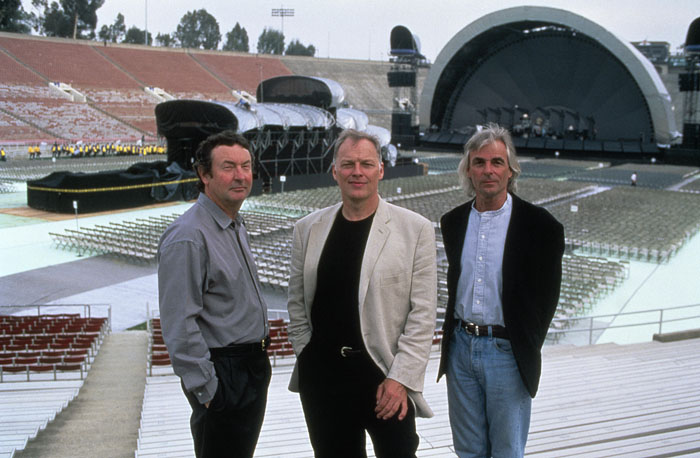
DavidGilmour-led era (1985-1994) A Momentary Lapse of Reason (1987)
In 1986, David Gilmour began recruiting musicians for what would become Pink Floyd's first album without Roger Waters, A Momentary Lapse of Reason. There were legal obstacles to Richard Wright's re-admittance to the band, but after a meeting in Hampstead, Pink Floyd invited Richard Wright to participate in the coming sessions. David Gilmour later stated that Richard Wright's presence "would make us stronger legally and musically", and Pink Floyd employed him as a musician with weekly earnings of $11,000.
Recording sessions began on David Gilmour's houseboat, the Astoria, moored along the River Thames. The group found it difficult to work without Roger Waters' creative direction; to write lyrics, David Gilmour worked with several songwriters, including Eric Stewart and Roger McGough, eventually choosing Anthony Moore. Richard Wright and Nick Mason were out of practice; David Gilmour said they had been "destroyed by Roger", and their contributions were minimal.
A Momentary Lapse of Reason was released in September 1987. Storm Thorgerson, whose creative input was absent from The Wall and The Final Cut, designed the album cover. To drive home that Roger Waters had left the band, they included a group photograph on the inside cover, the first since Meddle. The album went straight to number three in the UK and the US. Roger Waters commented: "I think it's facile, but a quite clever forgery ... The songs are poor in general ... [and] David Gilmour's lyrics are third-rate." Although David Gilmour initially viewed the album as a return to the band's top form, Richard Wright disagreed, stating: "Roger's criticisms are fair. It's not a band album at all." Q magazine described the album as essentially a David Gilmour solo album.
Roger Waters attempted to subvert the Momentary Lapse of Reason tour by contacting promoters in the US and threatening to sue them if they used the Pink Floyd name. David Gilmour and Nick Mason funded the start-up costs with Mason using his Ferrari 250 GTO as collateral. Early rehearsals for the upcoming tour were chaotic, with Nick Mason and Richard Wright entirely out of practice. Realising he had taken on too much work, David Gilmour asked Bob Ezrin to assist them. As Pink Floyd toured North America, Roger Waters' Radio K.A.O.S. tour was on occasion, close by, though in much smaller venues than those hosting his former band's performances. Roger Waters issued a writ for copyright fees for the band's use of the flying pig. Pink Floyd responded by attaching a large set of male genitalia to its underside to distinguish it from Roger Waters' design. The parties reached a legal agreement on 23 December; Nick Mason and David Gilmour retained the right to use the Pink Floyd name in perpetuity and Roger Waters received exclusive rights to, among other things, The Wall.
The Division Bell (1994)
For several years Pink Floyd had busied themselves with personal pursuits, such as filming and competing in the La Carrera Panamericana and recording a soundtrack for a film based on the event. In January 1993, they began working on a new album, The Division Bell, returning to Britannia Row Studios, where for several days, David Gilmour, Nick Mason and Richard Wright worked collaboratively, improvising material. After about two weeks, the band had enough ideas to begin creating songs. Bob Ezrin returned to co-produce the album and production moved to the Astoria, where the band worked from February to May 1993.
Contractually, Richard Wright was not a member of the band, and said, "It came close to a point where I wasn't going to do the album." However, he earned five co-writing credits, his first on a Pink Floyd album since 1975's Wish You Were Here. David Gilmour's future wife, Polly Samson, is also credited; she helped David write several tracks, including "High Hopes", a collaborative arrangement which, though initially tense, "pulled the whole album together", according to Bob Ezrin. They hired Michael Kamen to arrange the orchestral parts; Dick Parry and Chris Thomas also returned. Writer Douglas Adams provided the album title and Storm Thorgerson the cover artwork.
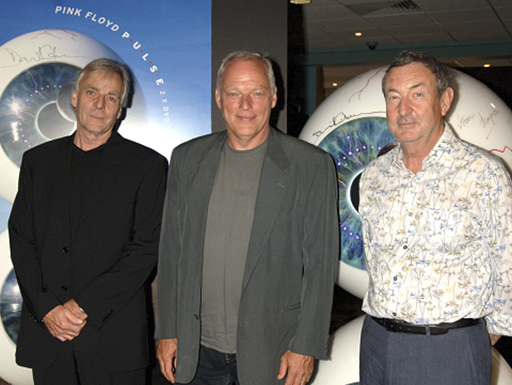
Storm drew inspiration for the album cover from the Moai monoliths of Easter Island; two opposing faces forming an implied third face about which he commented: "the absent face—the ghost of Pink Floyd's past, Syd and Roger". To avoid competing against other album releases, as had happened with A Momentary Lapse of Reason, Pink Floyd set a deadline of April 1994, at which point they would resume touring. The Division Bell reached number 1 in the UK and the US, and spent 51 weeks on the UK chart.
Pink Floyd spent more than two weeks rehearsing in a hangar at Norton Air Force Base in San Bernardino, California, before opening on 29 March 1994, in Miami, with an almost identical road crew to that used for their Momentary Lapse of Reason Tour. They played a variety of Pink Floyd favourites, and later changed their setlist to include The Dark Side of the Moon in its entirety. The Division Bell Tour, Pink Floyd's last, ended on 29 October 1994. Nick Mason published a memoir, Inside Out: A Personal History of Pink Floyd, in 2004.
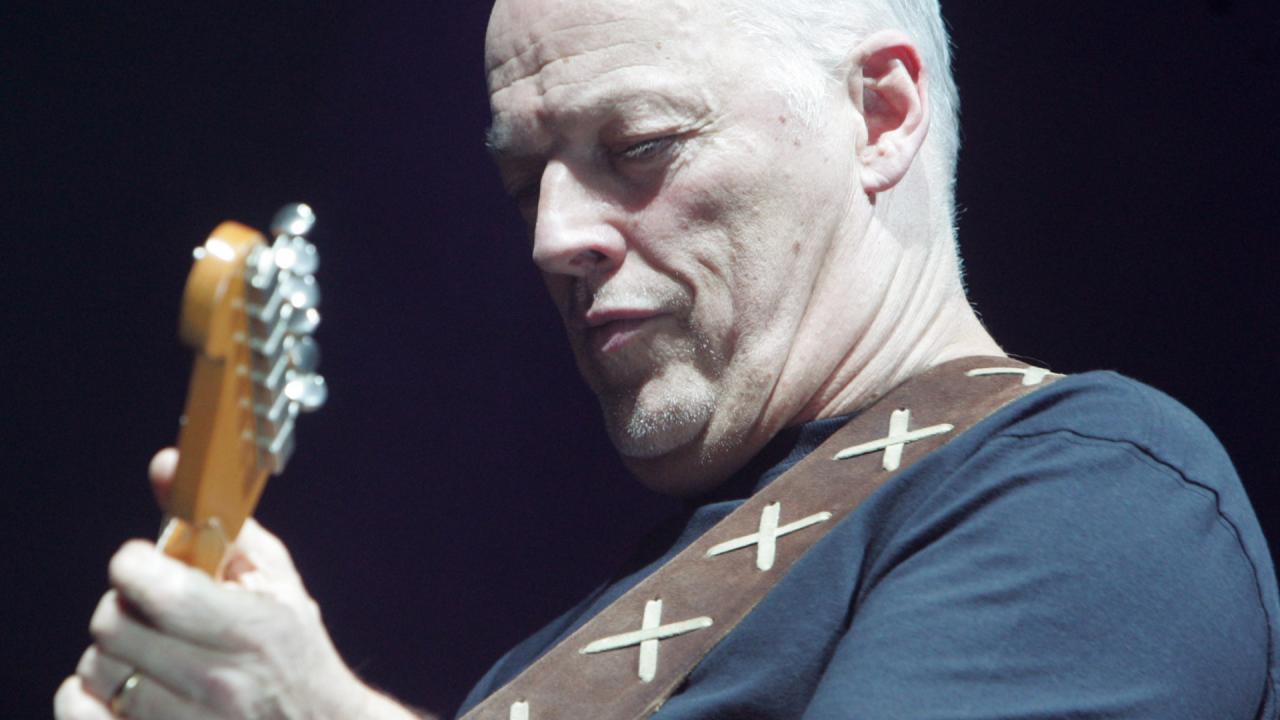
Reunion, deaths, and The Endless River (2005-present) Live 8 reunion
On 2 July 2005, Roger Waters, David Gilmour, Nick Mason and Richard Wright performed together as Pink Floyd for the first time in more than 24 years, at the Live 8 concert in Hyde Park, London. The reunion was arranged by Live 8 organiser Bob Geldof; after David Gilmour declined the offer, Bob Geldof asked Nick Mason, who contacted Roger Waters.
About two weeks later, Roger called David, their first conversation in two years, and the next day David agreed. In a statement to the press, the band stressed the unimportance of their problems in the context of the Live 8 event. They planned their setlist at the Connaught Hotel in London, followed by three days of rehearsals at Black Island Studios.
Though Pink Floyd turned down a contract worth £136 million for a final tour, Roger Waters did not rule out more performances, suggesting it ought to be for a charity event only. However, David Gilmour told the Associated Press that a reunion would not happen: "The Live 8 rehearsals convinced me that it wasn't something I wanted to be doing a lot of ... There have been all sorts of farewell moments in people's lives and careers which they have then rescinded, but I think I can fairly categorically say that there won't be a tour or an album again that I take part in. It isn't to do with animosity or anything like that. It's just ... I've been there, I've done it." In February 2006, David Gilmour was interviewed for the Italian newspaper La Repubblica, which declared: "Patience for fans in mourning. The news is official. Pink Floyd the brand is dissolved, finished, definitely deceased." Asked about the future of Pink Floyd, David Gilmour responded: "It's over ... I've had enough. I'm 60 years old ... it is much more comfortable to work on my own." David Gilmour and Roger Waters repeatedly said that they had no plans to reunite.
Deaths of Syd Barrett and Richard Wright
Syd Barrett died on 7 July 2006, at his home in Cambridge, aged 60. His funeral was held at Cambridge Crematorium on 18 July 2006; no Pink Floyd members attended. Richard Wright said: "The band are very naturally upset and sad to hear of Syd Barrett's death. Syd was the guiding light of the early band line-up and leaves a legacy which continues to inspire." Although Syd had faded into obscurity over the decades, the national press praised him for his contributions to music.
On May 10, 2007, Roger Waters, David Gilmour, Richard Wright and Nick Mason performed at the Syd Barrett tribute concert "Madcap's Last Laugh" (The Madcap Laughs) at the Barbican Centre in London. David, Richard and Nick performed the Syd Barrett compositions "Bike" and "Arnold Layne", and Roger performed a solo version of his song "Flickering Flame". Richard Wright died of an undisclosed form of cancer on 15 September 2008, aged 65.
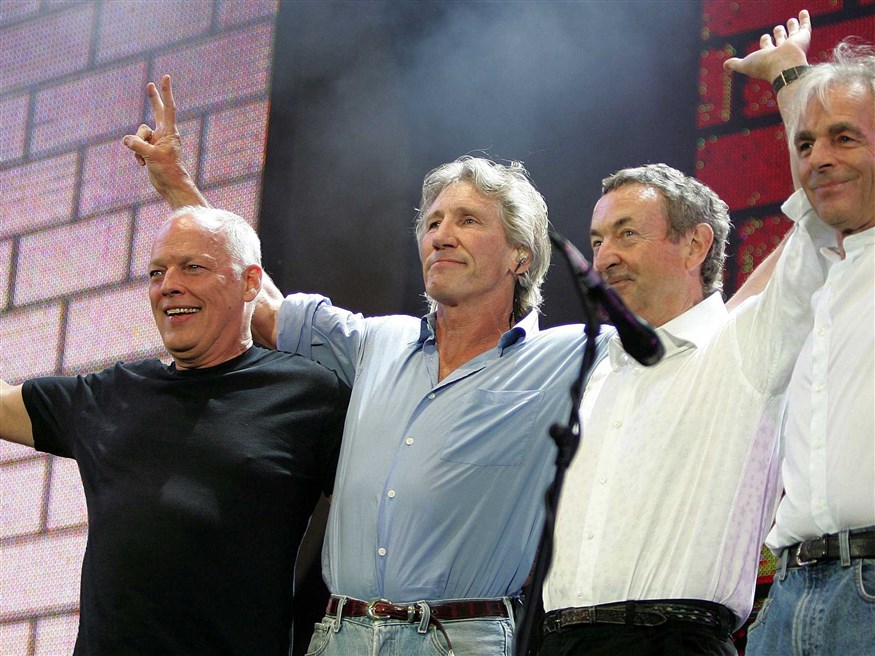
His former bandmates paid tributes to his life and work; David Gilmour said that Richard Wright's contributions were often overlooked, and that his "soulful voice and playing were vital, magical components of our most recognised Pink Floyd sound". A week after Richard Wright's death, David Gilmour performed "Remember a Day" from A Saucerful of Secrets, written and originally sung by Richard Wright, in tribute to him on BBC Two's Later... with Jools Holland. Keyboardist Keith Emerson released a statement praising Richard Wright as the "backbone" of Pink Floyd.
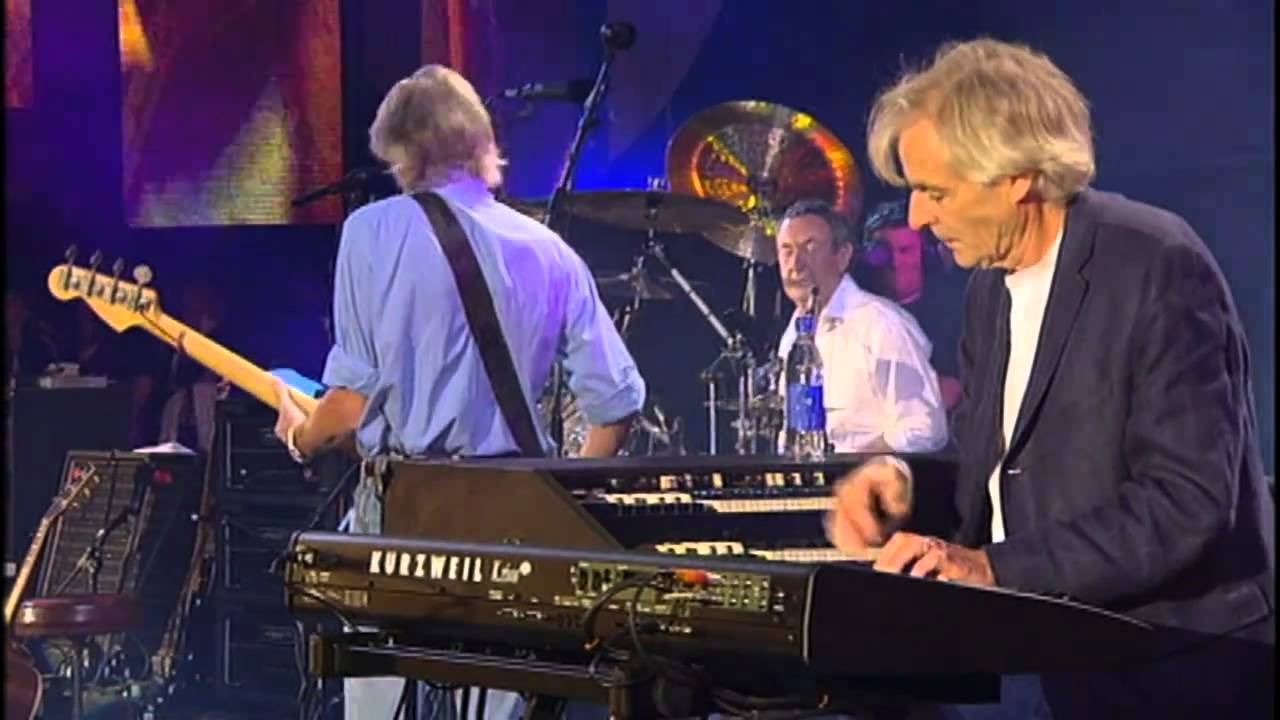
Further performances and rereleases
On 10 July 2010, Roger Waters and David Gilmour performed together at a charity event for the Hoping Foundation. The event, which raised money for Palestinian children, took place at Kidlington Hall in Oxfordshire, England, with an audience of approximately 200. In return for Roger Waters' appearance at the event, David Gilmour performed "Comfortably Numb" at Roger Waters' performance of The Wall at the London O2 Arena on 12 May 2011, singing the choruses and playing the two guitar solos.
Nick Mason also joined, playing tambourine for "Outside the Wall" with David Gilmour on mandolin. On 26 September 2011, Pink Floyd and EMI launched an exhaustive re-release campaign under the title Why Pink Floyd...?, reissuing the back catalogue in newly remastered versions, including "Experience" and "Immersion" multi-disc multi-format editions.
The albums were remastered by James Guthrie, co-producer of The Wall. In November 2015, Pink Floyd released a limited edition EP, 1965: Their First Recordings, comprising six songs recorded prior to The Piper at the Gates of Dawn.
The Endless River (2014) and Nick Mason's Saucerful of Secrets
In 2012, David Gilmour and Nick Mason revisited recordings made with Richard Wright during the The Division Bell sessions to create a new Pink Floyd album. They recruited session musicians to help record new parts and "generally harness studio technology". Roger Waters was not involved. Nick Mason described the album as a tribute to Richard Wright: "I think this record is a good way of recognising a lot of what he does and how his playing was at the heart of the Pink Floyd sound.
Listening back to the sessions, it really brought home to me what a special player he was." The Endless River was released on 7 November 2014, the second Pink Floyd album distributed by Parlophone following the release of the 20th anniversary editions of The Division Bell earlier in 2014. Though it received mixed reviews, it became the most pre-ordered album of all time on Amazon UK and debuted at number one in several countries.
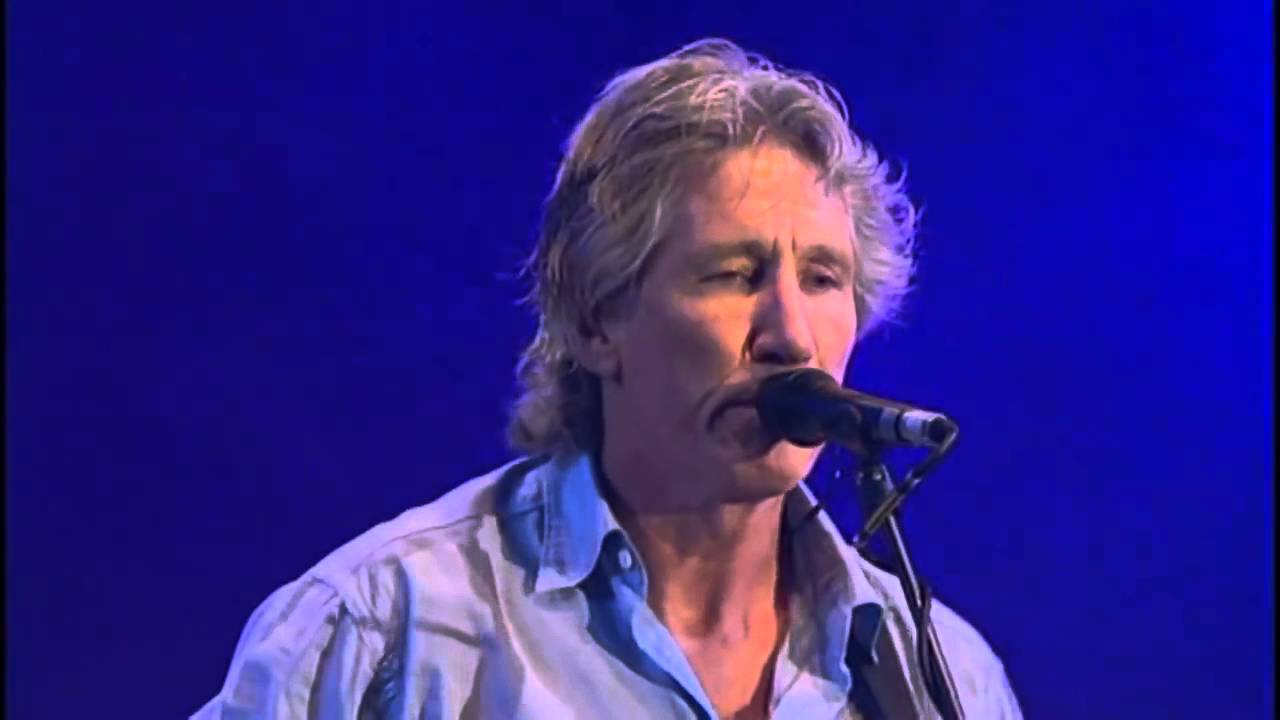
The vinyl edition was the fastest-selling UK vinyl release of 2014 and the fastest-selling since 1997. David Gilmour said The Endless River would be Pink Floyd's last album, saying: "I think we have successfully commandeered the best of what there is ... It's a shame, but this is the end." There was no supporting tour, as David Gilmour felt it was impossible without Richard Wright. In 2015, David Gilmour reiterated that Pink Floyd were "done" and that to reunite without Richard Wright would be wrong. Nick Mason said in 2018 that, while he remained close to David Gilmour and Roger Waters, they remained "at loggerheads".
In November 2016, Pink Floyd released a box set, The Early Years 1965–1972, comprising outtakes, live recordings, remixes, and films from their early career. It was followed in December 2019 by The Later Years, compiling Pink Floyd's work after Roger Waters' departure. The set includes a remixed version of A Momentary Lapse of Reason with more contributions by Richard Wright and Nick Mason, and an expanded reissue of the live album Delicate Sound of Thunder. In November 2020, the reissue of Delicate Sound of Thunder was given a standalone release on multiple formats. Pink Floyd's Live at Knebworth 1990 performance, previously released as part of the Later Years box set, was released on CD and vinyl on 30 April.
In 2018, Nick Mason formed a new band, Nick Mason's Saucerful of Secrets, to perform Pink Floyd's early material. The band includes Gary Kemp of Spandau Ballet and longtime Pink Floyd collaborator Guy Pratt. They toured Europe in September 2018 and North America in 2019. Roger Waters joined the band at the New York Beacon Theatre to perform vocals for "Set the Controls for the Heart of the Sun".
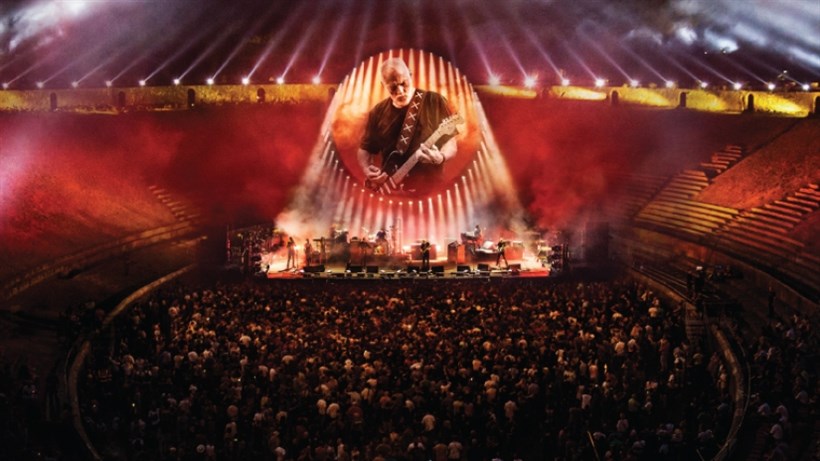
Musicianship - Genres
Considered one of the UK's first psychedelic music groups, Pink Floyd began their career at the vanguard of London's underground music scene, appearing at UFO Club and Middle Earth (club). According to Rolling Stone: "By 1967, they had developed an unmistakably psychedelic sound, performing long, loud suitelike compositions that touched on Hard rock, Blues, Country, Folk, and Electronic music."
Released in 1968, the song "Careful with That Axe, Eugene" helped galvanise their reputation as an Art rock group. Other genres attributed to the band are Space rock, Experimental rock, Acid rock, Proto-prog, Experimental pop (while under Syd Barrett), Psychedelic pop, and Psychedelic rock. O'Neill Surber comments on the music of Pink Floyd:
"Rarely will you find Floyd dishing up catchy hooks, tunes short enough for air-play, or predictable three-chord blues progressions; and never will you find them spending much time on the usual pop album of romance, partying, or self-hype. Their sonic universe is expansive, intense, and challenging ... Where most other bands neatly fit the songs to the music, the two forming a sort of autonomous and seamless whole complete with memorable hooks, Pink Floyd tends to set lyrics within a broader soundscape that often seems to have a life of its own ... Pink Floyd employs extended, stand-alone instrumentals which are never mere vehicles for showing off virtuoso but are planned and integral parts of the performance."
During the late 1960s, the press labelled Pink Floyd's music psychedelic pop, Progressive pop and Progressive rock; they gained a following as a psychedelic pop group. In 1968, Richard Wright said: "It's hard to see why we were cast as the first British psychedelic group. We never saw ourselves that way ... we realised that we were, after all, only playing for fun ... tied to no particular form of music, we could do whatever we wanted ... the emphasis ... is firmly on spontaneity and improvisation." Roger Waters said later: "There wasn't anything 'grand' about it. We were laughable. We were useless. We couldn't play at all so we had to do something stupid and 'experimental' ... Syd was a genius, but I wouldn't want to go back to playing "Interstellar Overdrive" for hours and hours." Unconstrained by conventional pop formats, Pink Floyd were innovators of progressive rock during the 1970s and Ambient music during the 1980s.
David Gilmour's guitar work
Rolling Stone critic Alan di Perna praised David Gilmour's guitar work as integral to Pink Floyd's sound, and described him as the most important guitarist of the 1970s, "the missing link between Jimi Hendrix and Eddie Van Halen". Rolling Stone named him the 14th greatest guitarist of all time. In 2006, David Gilmour said of his technique: "My fingers make a distinctive sound ... they aren't very fast, but I think I am instantly recognisable ... The way I play melodies is connected to things like Hank Marvin and The Shadows."
David Gilmour's ability to use fewer notes than most to express himself without sacrificing strength or beauty drew a favourable comparison to Jazz trumpeter Miles Davis. In 2006, Guitar World writer Jimmy Brown described Gilmour's guitar style as "characterised by simple, huge-sounding riffs; gutsy, well-paced solos; and rich, ambient chordal textures." According to Jimmy Brown, David Gilmour's solos on "Money", "Time" and "Comfortably Numb" "cut through the mix like a laser beam through fog." Jimmy Brown described the "Time" solo as "a masterpiece of phrasing and motivic development ...
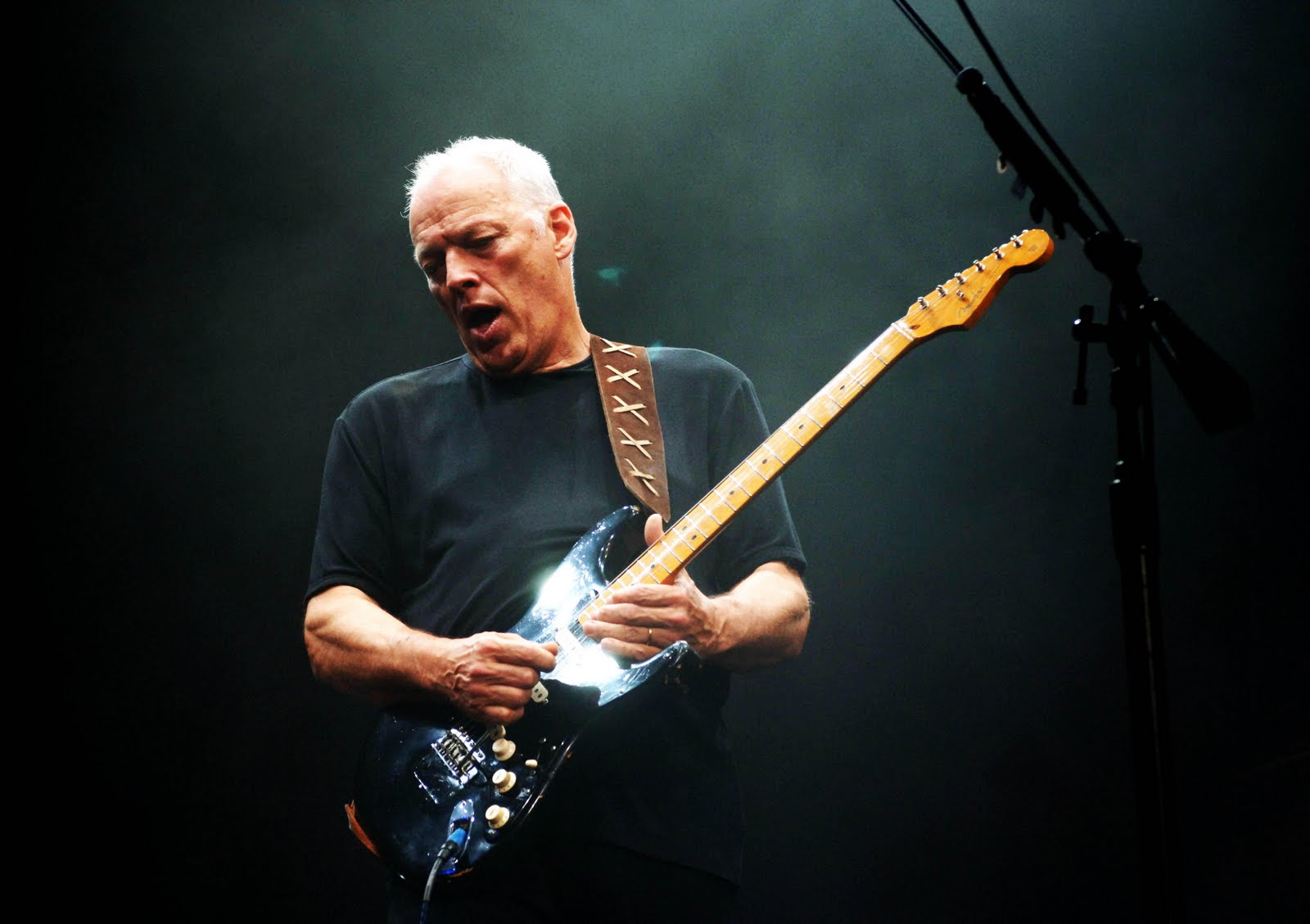
David Gilmour paces himself throughout and builds upon his initial idea by leaping into the upper register with gut-wrenching one-and-one-half-step 'over bends', soulful triplet arpeggios and a typically impeccable bar vibrato." Jimmy Brown described David Gilmour's phrasing as intuitive and perhaps his best asset as a lead guitarist. David Gilmour explained how he achieved his signature tone: "I usually use a fuzz box, a delay and a bright EQ setting ... to get singing sustain ... you need to play loud—at or near the feedback threshold. It's just so much more fun to play ... when bent notes slice right through you like a razor blade."
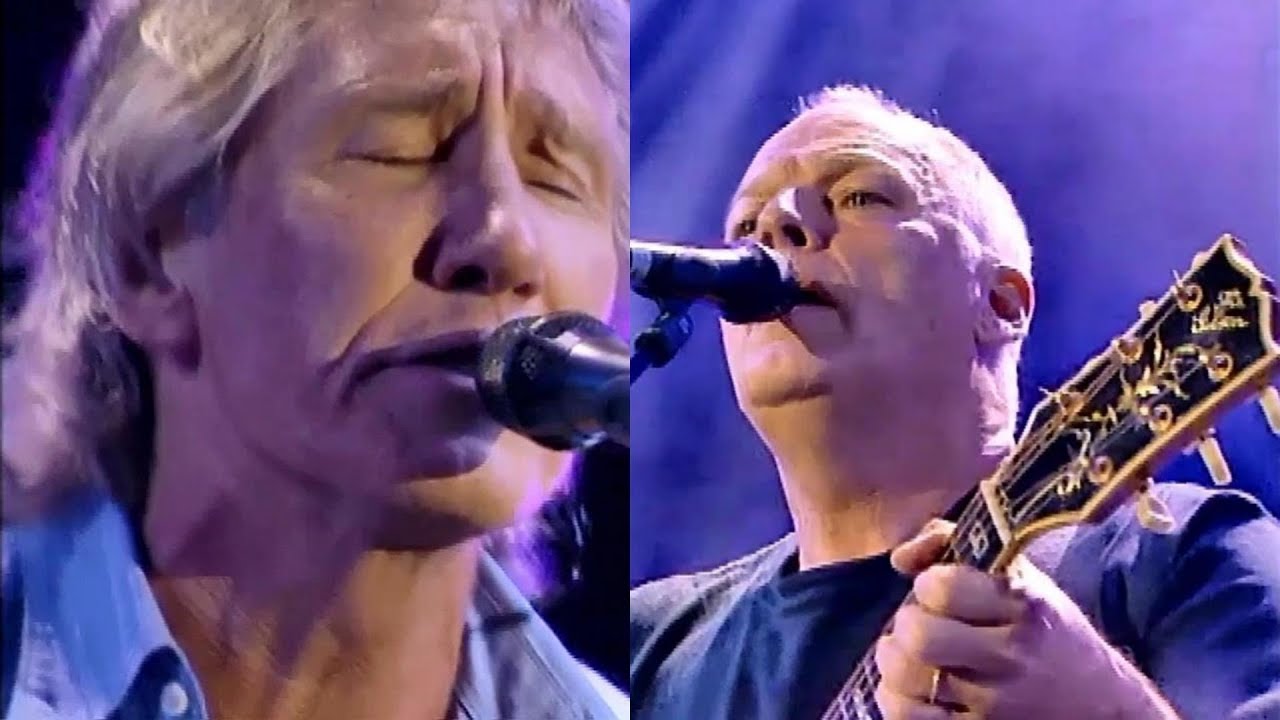
Sonic experimentation
Throughout their career, Pink Floyd experimented with their sound. Their second single, "See Emily Play" premiered at the Queen Elizabeth Hall in London, on 12 May 1967. During the performance, the group first used an early quadraphonic device called an Azimuth Co-ordinator. The device enabled the controller, usually Richard Wright, to manipulate the band's amplified sound, combined with recorded tapes, projecting the sounds 270 degrees around a venue, achieving a sonic swirling effect.
In 1972, they purchased a custom-built PA which featured an upgraded four-channel, 360-degree system. Roger Waters experimented with the VCS 3 synthesiser on Pink Floyd pieces such as "On the Run", "Welcome to the Machine", and "In the Flesh?". He used a binson echorec 2 delay effect on his bass-guitar track for "One of These Days".
Pink Floyd used innovative sound effects and state of the art audio recording technology during the recording of The Final Cut. Nick Mason's contributions to the album were almost entirely limited to work with the experimental Holophonic system, an audio processing technique used to simulate a three-dimensional effect. The system used a conventional stereo tape to produce an effect that seemed to move the sound around the listener's head when they were wearing headphones. The process enabled an engineer to simulate moving the sound to behind, above or beside the listener's ears.
Film scores
Pink Floyd also composed several film scores, starting in 1968, with The Committee. In 1969, they recorded the score for Barbet Schroeder's film More. The soundtrack proved beneficial: not only did it pay well but, along with A Saucerful of Secrets, the material they created became part of their live shows for some time thereafter. While composing the soundtrack for director Michelangelo Antonioni's film Zabriskie Point, the band stayed at a luxury hotel in Rome for almost a month.
Roger Waters claimed that, without Michelangelo Antonioni's constant changes to the music, they would have completed the work in less than a week. Eventually he used only three of their recordings. One of the pieces turned down by Michelangelo Antonioni, called, "The Violent Sequence", later became "Us and Them", included on 1973's The Dark Side of the Moon. In 1971, the band again worked with Barbet Schroeder on the film La Vallée, for which they released a soundtrack album called Obscured by Clouds. They composed the material in about a week at the Château d'Hérouville near Paris, and upon its release, it became Pink Floyd's first album to break into the top 50 on the US Billboard chart.

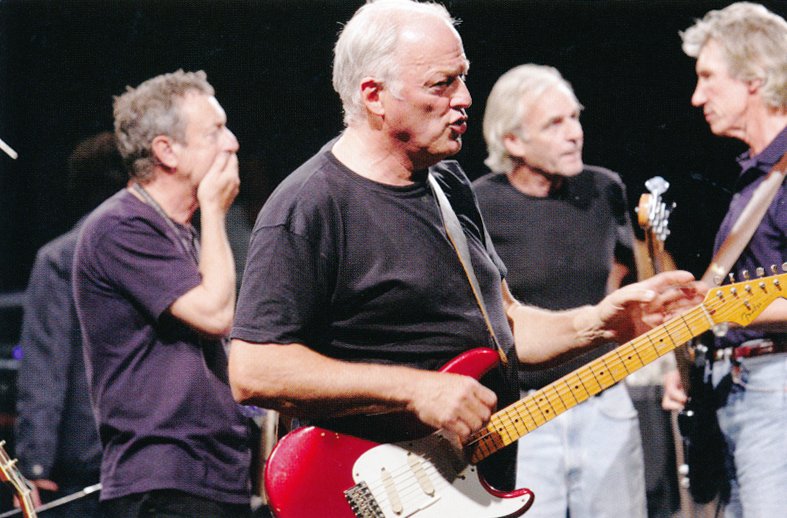
Live performances
Regarded as pioneers of live music performance and renowned for their lavish stage shows, Pink Floyd also set high standards in sound quality, making use of innovative sound effects and quadraphonic speaker systems. From their earliest days, they employed visual effects to accompany their Psychedelic music while performing at venues such as the UFO Club in London. Their slide-and-light show was one of the first in British rock, and it helped them become popular among London's underground.
To celebrate the launch of the London Free School's magazine International Times in 1966, they performed in front of 2,000 people at the opening of the Roundhouse, attended by celebrities including Paul McCartney and Marianne Faithfull. In mid-1966, road manager Peter Wynne-Willson joined their road crew, and updated the band's lighting rig with some innovative ideas including the use of polarisers, mirrors and stretched condoms. After their record deal with EMI, Pink Floyd purchased a Ford Transit van, then considered extravagant band transportation.
On 29 April 1967, they headlined an all-night event called The 14 Hour Technicolour Dream at the Alexandra Palace, London. Pink Floyd arrived at the festival at around three o'clock in the morning after a long journey by van and ferry from the Netherlands, taking the stage just as the sun was beginning to rise. In July 1969, precipitated by their space-related music and lyrics, they took part in the live BBC television coverage of the Apollo 11 moon landing, performing an instrumental piece which they called "Moonhead".
In November 1974, they employed for the first time the large circular screen that would become a staple of their live shows. In 1977, they employed the use of a large inflatable floating pig named "Algie". Filled with helium and propane, Algie, while floating above the audience, would explode with a loud noise during the In the Flesh Tour. The behaviour of the audience during the tour, as well as the large size of the venues, proved a strong influence on their concept album The Wall. The subsequent The Wall Tour featured a 40 feet (12 m) high wall, built from cardboard bricks, constructed between the band and the audience. They projected animations onto the wall, while gaps allowed the audience to view various scenes from the story. They commissioned the creation of several giant inflatables to represent characters from the story. One striking feature of the tour was the performance of "Comfortably Numb". While Roger Waters sang his opening verse, in darkness, David Gilmour waited for his cue on top of the wall. When it came, bright blue and white lights would suddenly reveal him. David Gilmour stood on a flightcase on castors, an insecure setup supported from behind by a technician. A large hydraulic platform supported both David Gilmour and the tech.
During the The Division Bell Tour, an unknown person using the name Publius posted a message on an internet newsgroup inviting fans to solve a riddle supposedly concealed in the new album. White lights in front of the stage at the Pink Floyd concert in East Rutherford spelled out the words Enigma Publius. During a televised concert at Earls Court on 20 October 1994, someone projected the word "enigma" in large letters on to the backdrop of the stage. Nick Mason later acknowledged that their record company had instigated the Publius Enigma mystery, rather than the band.
Lyrical themes
Marked by Roger Waters' philosophical lyrics, Rolling Stone described Pink Floyd as "purveyors of a distinctively dark vision". Author Jere O'Neill Surber wrote: "their interests are truth and illusion, life and death, time and space, causality and chance, compassion and indifference." Roger Waters identified empathy as a central theme in the lyrics of Pink Floyd.
Author George Reisch described Meddle's psychedelic opus, "Echoes", as "built around the core idea of genuine communication, sympathy, and collaboration with others." Despite having been labelled "the gloomiest man in rock", author Deena Weinstein described Roger Waters as an existentialist, dismissing the unfavourable moniker as the result of misinterpretation by music critics.
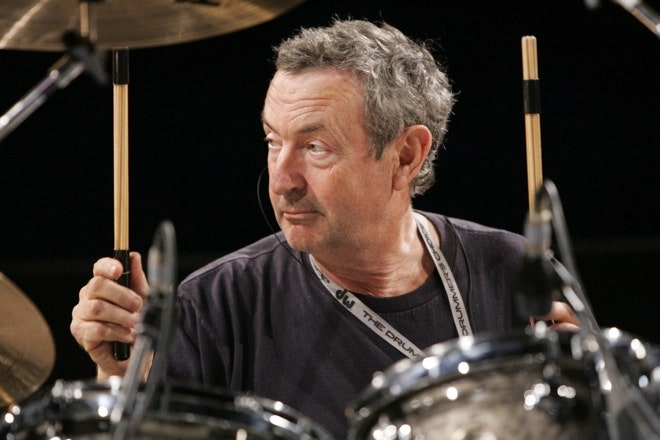
Disillusionment, absence, and non-being
Roger Waters' lyrics to Wish You Were Here's "Have a Cigar" deal with a perceived lack of sincerity on the part of music industry representatives. The song illustrates a dysfunctional dynamic between the band and a record label executive who congratulates the group on their current sales success, implying that they are on the same team while revealing that he erroneously believes "Pink" is the name of one of the band members. According to author David Detmer, the album's lyrics deal with the "dehumanising aspects of the world of commerce", a situation the artist must endure to reach their audience.
Absence as a lyrical theme is common in the music of Pink Floyd. Examples include the absence of Syd Barrett after 1968, and that of Roger Waters' father, who died during the Second World War. Roger Waters' lyrics also explored unrealised political goals and unsuccessful endeavours. Their film score, Obscured by Clouds, dealt with the loss of youthful exuberance that sometimes comes with ageing. Longtime Pink Floyd album cover designer, Storm Thorgerson, described the lyrics of Wish You Were Here: "The idea of presence withheld, of the ways that people pretend to be present while their minds are really elsewhere, and the devices and motivations employed psychologically by people to suppress the full force of their presence, eventually boiled down to a single theme, absence: The absence of a person, the absence of a feeling."Roger Waters commented: "it's about none of us really being there ... it should have been called Wish We Were Here".
O'Neill Surber explored the lyrics of Pink Floyd and declared the issue of non-being a common theme in their music. Roger Waters invoked non-being or non-existence in The Wall, with the lyrics to "Comfortably Numb": "I caught a fleeting glimpse, out of the corner of my eye. I turned to look, but it was gone, I cannot put my finger on it now, the child is grown, the dream is gone." Syd Barrett referred to non-being in his final contribution to the band's catalogue, "Jugband Blues": "I'm most obliged to you for making it clear that I'm not here."
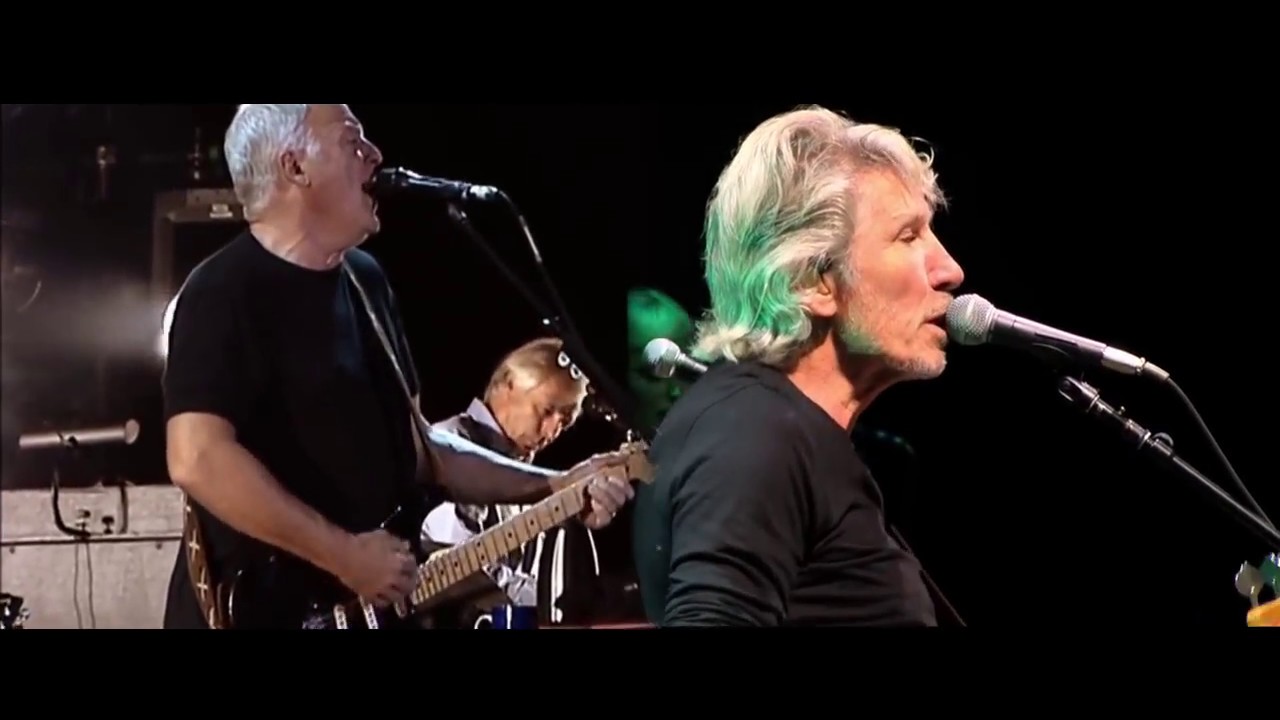
Exploitation and oppression
Author Patrick Croskery described Animals as a unique blend of the "powerful sounds and suggestive themes" of The Dark Side of the Moon with The Wall's portrayal of artistic alienation. He drew a parallel between the album's political themes and that of George Orwell's Animal Farm. Animals begins with a thought experiment, which asks: "If you didn't care what happened to me.
And I didn't care for you", then develops a beast fable based on anthropomorphised characters using music to reflect the individual states of mind of each.
The lyrics ultimately paint a picture of dystopia, the inevitable result of a world devoid of empathy and compassion, answering the question posed in the opening lines.
The album's characters include the "Dogs", representing fervent capitalists, the "Pigs", symbolising political corruption, and the "Sheep", who represent the exploited. Croskery described the "Sheep" as being in a "state of delusion created by a misleading cultural identity", a false consciousness. The "Dog", in his tireless pursuit of self-interest and success, ends up depressed and alone with no one to trust, utterly lacking emotional satisfaction after a life of exploitation. Roger Waters used Mary Whitehouse as an example of a "Pig"; being someone who in his estimation, used the power of the government to impose her values on society. At the album's conclusion, Roger Waters returns to empathy with the lyrical statement: "You know that I care what happens to you. And I know that you care for me too." However, he also acknowledges that the "Pigs" are a continuing threat and reveals that he is a "Dog" who requires shelter, suggesting the need for a balance between state, commerce and community, versus an ongoing battle between them.
Alienation, war, and insanity
O'Neill Surber compared the lyrics of The Dark Side of the Moon's "Brain Damage" with Karl Marx's theory of self-alienation; "there's someone in my head, but it's not me." The lyrics to Wish You Were Here's "Welcome to the Machine" suggest what Karl Marx called the alienation of the thing; the song's protagonist preoccupied with material possessions to the point that he becomes estranged from himself and others.
Allusions to the alienation of man's species being can be found in Animals; the "Dog" reduced to living instinctively as a non-human. The "Dogs" become alienated from themselves to the extent that they justify their lack of integrity as a "necessary and defensible" position in "a cutthroat world with no room for empathy or moral principle" wrote Detmer. Alienation from others is a consistent theme in the lyrics of Pink Floyd, and it is a core element of The Wall.
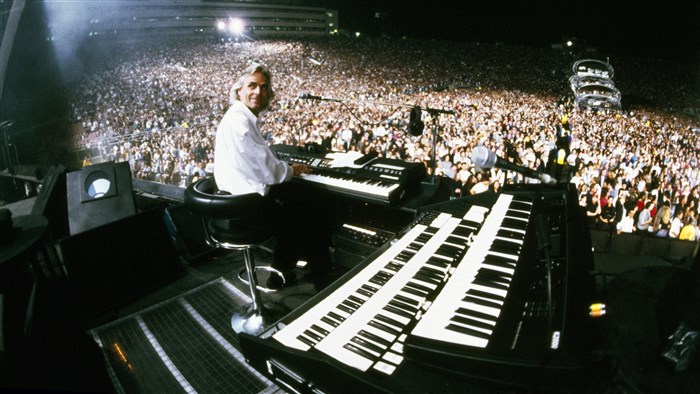
War, viewed as the most severe consequence of the manifestation of alienation from others, is also a core element of The Wall, and a recurring theme in the band's music. Roger Waters' father died in combat during the Second World War, and his lyrics often alluded to the cost of war, including those from "Corporal Clegg" (1968), "Free Four" (1972), "Us and Them" (1973), "When the Tigers Broke Free" and "The Fletcher Memorial Home" from The Final Cut (1983), an album dedicated to his late father and subtitled A Requiem for The Postwar Dream. The themes and composition of The Wall express Roger Waters' upbringing in an English society depleted of men after the Second World War, a condition that negatively affected his personal relationships with women.
Roger Waters' lyrics to The Dark Side of the Moon dealt with the pressures of modern life and how those pressures can sometimes cause insanity. He viewed the album's explication of mental illness as illuminating a universal condition. However, Roger Waters also wanted the album to communicate positivity, calling it "an exhortation ... to embrace the positive and reject the negative." Reisch described The Wall as "less about the experience of madness than the habits, institutions, and social structures that create or cause madness." The Wall's protagonist, Pink, is unable to deal with the circumstances of his life, and overcome by feelings of guilt, slowly closes himself off from the outside world inside a barrier of his own making. After he completes his estrangement from the world, Pink realises that he is "crazy, over the rainbow". He then considers the possibility that his condition may be his own fault: "have I been guilty all this time?" Realising his greatest fear, Pink believes that he has let everyone down, his overbearing mother wisely choosing to smother him, the teachers rightly criticising his poetic aspirations, and his wife justified in leaving him. He then stands trial for "showing feelings of an almost human nature", further exacerbating his alienation of species being. As with the writings of philosopher Michel Foucault, Roger Waters' lyrics suggest Pink's insanity is a product of modern life, the elements of which, "custom, codependancies, and psychopathologies", contribute to his angst, according to Reisch.
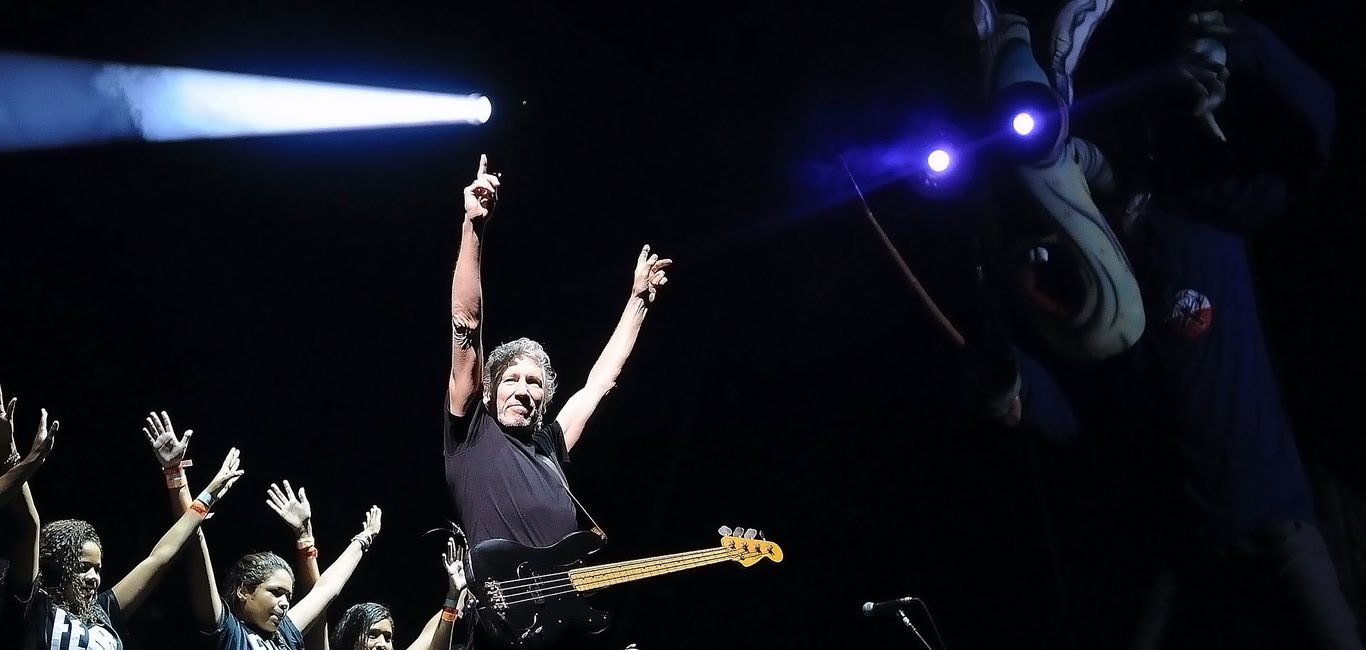
Legacy
Pink Floyd are one of the most commercially successful and influential rock bands of all time. They have sold more than 250 million records worldwide, including 75 million certified units in the United States, and 37.9 million albums sold in the US since 1993. The Sunday Times Rich List, Music Millionaires 2013 (UK), ranked Roger Waters at number 12 with an estimated fortune of £150 million, David Gilmour at number 27 with £85 million and Nick Mason at number 37 with £50 million.
In 2003, Rolling Stone's 500 Greatest Albums of All Time list included The Dark Side of the Moon at number 43, The Wall at number 87, Wish You Were Here at number 209, and The Piper at the Gates of Dawn at number 347.
And in 2004, on their 500 Greatest Songs of All Time list, Rolling Stone included "Comfortably Numb" at number 314, "Wish You Were Here" at number 316, and "Another Brick in the Wall, Part 2" at number 375.
In 2004, MSNBC ranked Pink Floyd number 8 on their list of "The 10 Best Rock Bands Ever". In the same year, Q Magazine named Pink Floyd as the biggest band of all time according to "a points system that measured sales of their biggest album, the scale of their biggest headlining show and the total number of weeks spent on the UK album chart". Rolling Stone ranked them number 51 on their list of "The 100 Greatest Artists of All Time". VH1 ranked them number 18 in the list of the "100 Greatest Artists of All Time". Colin Larkin ranked Pink Floyd number 3 in his list of the 'Top 50 Artists of All Time', a ranking based on the cumulative votes for each artist's albums included in his All Time Top 1000 Albums. In 2008, the head rock and pop critic of The Guardian, Alexis Petridis, wrote that the band occupy a unique place in Progressive rock, stating, "Thirty years on, prog is still persona non grata [...] Only Pink Floyd—never really a prog band, their penchant for long songs and 'concepts' notwithstanding—are permitted into the 100 best album lists." The writer Eric Olsen has called Pink Floyd "the most eccentric and experimental multi-platinum band of the album rock era".
Pink Floyd have won several awards. In 1981 audio engineer James Guthrie won the Grammy Award for "Best Engineered Non-Classical Album" for The Wall, and Roger Waters won the British Academy of Film and Television Arts award for "Best Original Song Written for a Film" in 1983 for "Another Brick in the Wall" from The Wall film. In 1995, Pink Floyd won the Grammy for "Best Rock Instrumental Performance" for "Marooned". In 2008, King Carl XVI Gustaf of Sweden presented Pink Floyd with the Polar Music Prize for their contribution to modern music; Roger Waters and Nick Mason attended the ceremony and accepted the award. They were inducted into the Rock and Roll Hall of Fame in 1996, the UK Music Hall of Fame in 2005, and the Hit Parade Hall of Fame in 2010.
Pink Floyd have influenced numerous artists. David Bowie called Syd Barrett a significant inspiration, and The Edge of U2 bought his first delay pedal after hearing the opening guitar chords to "Dogs" from Animals. Other bands and artists who cite them as an influence include Queen, Radiohead, Steven Wilson, Marillion, Queensrÿche, Nine Inch Nails, The Orb and The Smashing Pumpkins. Pink Floyd were an influence on the Neo-progressive rock subgenre which emerged in the 1980s. The English rock band Mostly Autumn "fuse the music of Genesis and Pink Floyd" in their sound.
Pink Floyd were admirers of the Monty Python comedy group, and helped finance their 1975 film Monty Python and the Holy Grail. In 2016, Pink Floyd became the second band (after The Beatles) to feature on a series of UK postage stamps issued by the Royal Mail. In May 2017, to mark the 50th anniversary of Pink Floyd's first single, an audio-visual exhibition, Their Mortal Remains, opened at the Victoria and Albert Museum in London. The exhibition featured analysis of cover art, conceptual props from the stage shows, and photographs from Nick Mason's personal archive. It was extended for two weeks beyond its planned closing date of 1 October.
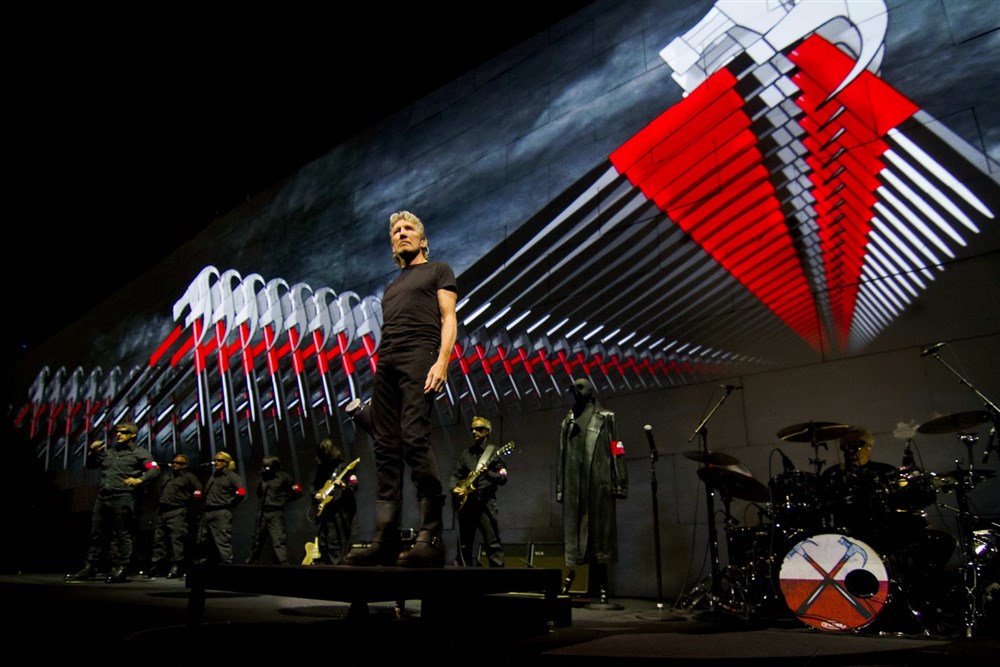
Albums
The Piper at the Gates of Dawn (1967)
A Saucerful of Secrets (1968)
More (1969)
Ummagumma (1969)
Atom Heart Mother (1970)
Meddle (1971)
Obscured by Clouds (1972)
The Dark Side of the Moon (1973)
Wish You Were Here (1975)
Animals (1977)
The Wall (1979)
The Final Cut (1983)
A Momentary Lapse of Reason (1987)
The Division Bell (1994)
The Endless River (2014)
Members
Syd Barrett – lead and rhythm guitars, vocals (1964–1968) (died 2006)
Bob Klose – lead guitar (1964–1965)
David Gilmour – lead and rhythm guitars, vocals, bass, keyboards, synthesisers (1967–1995, 2005, 2012–2014)
Roger Waters – bass, vocals, rhythm guitar, synthesisers (1964–1985, 2005)
Richard Wright – keyboards, piano, organ, synthesisers, vocals (1964–1979, 1990–1995, 2005) (touring/session member 1979–1981 and 1986–1990) (died 2008)
Nick Mason – drums, percussion, vocals (1964–1995, 2005, 2012–2014)
Concert Tours
Pink Floyd World Tour (1968)
The Man and The Journey Tour (1969)
Atom Heart Mother World Tour (1970-1971)
Meddle Tour (1971)
Dark Side of the Moon Tour (1972-1973)
French Summer Tour (1974)
British Winter Tour (1974)
Wish You Were Here Tour (1975)
In the Flesh Tour (1977)
The Wall Tour (1980-1981)
A Momentary Lapse of Reason Tour (1987–1989)
The Division Bell Tour (1994)
Source: Wikipedia

